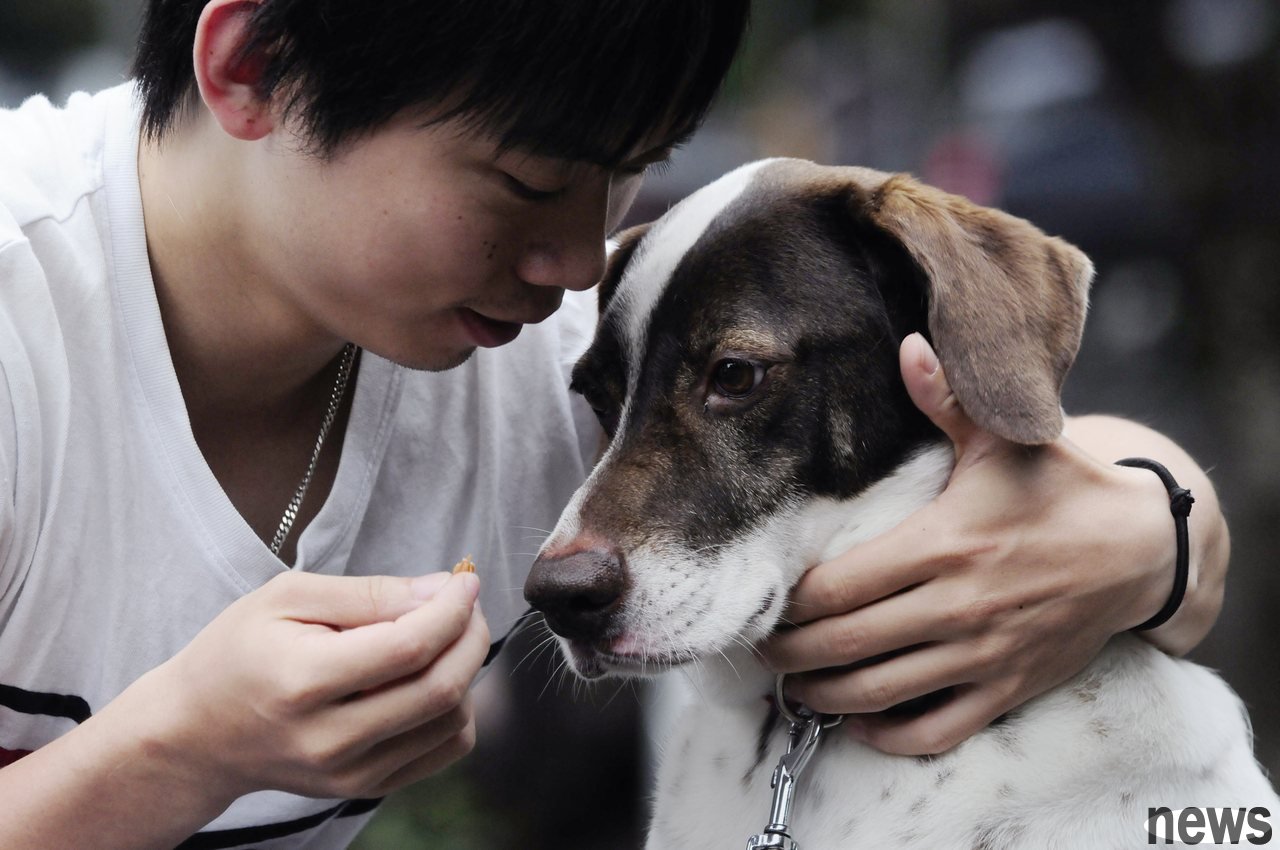
Modern society is becoming more and more violent, and the Internet is full of extreme remarks. It is not easy to maintain a kind heart in daily life. Kelli Harding, a psychiatrist and clinical assistant professor of psychiatry at Columbia University, advocates using small daily acts of kindness to help form a positive cycle: "You never know how much a small kindness will help others. Usually we don't get anything in return, but it is really important to remember those moments of help and pass on the kindness."
Kindness benefits both sides. It can also maintain good healthHartin pointed out that when people help others, both parties can benefit: "Kindness and generosity activate the same reward centers in the brain as when receiving money, food, or sex. This means that 'kindness' is rooted in our human nature." In other words, doing good not only makes people happy, but also an important factor in maintaining health.
Although no one can be kind 24 hours a day, we can actively look for opportunities to exercise the "kindness muscle". Here are several practical methods that combine experts and scientific research.
Start by showing kindness to family membersHartin recommends hugging your partner or children (if they are willing) when you wake up in the morning, and then sending them a message to express your gratitude.
Of course, it’s impossible for family members to avoid quarreling forever, and it’s not easy to be kind when the mood is bad. But you can take a step back: "The biggest challenge in families is when emotions are running high. This is a natural phenomenon of living in a limited space together." Harting suggests that when things get tense, suggest taking a break for a few minutes to do something else; this allows the prefrontal cortex to reboot, making it easier to maintain goodwill in subsequent conversations.
If you don’t have anyone else at home, you can also show kindness to your pet by taking your dog for walks more often, buying your rabbit’s favorite snacks, and letting your cat sit on your lap coquettishly. Studies show that showing kindness to pets can boost mood. If you like plants, you can also water your indoor garden and move it to a location with better lighting. Harting said: "Human beings have an innate need to care and be cared for. Even taking care of plants has been proven to be helpful to health."

Don't just walk like a robot when you go out, try to actively smile and say hello to people. It comes as a surprise, but most people smile back and the other person passes the smile on to the next person, Harting said. She added that research shows that regularly saying hello to up to six people in a community can significantly increase overall happiness.
In addition, thanking others is also an easy act of kindness. Harting suggests sincerely thanking the bus driver, delivery person or coffee shop clerk. You can also share restaurant recommendations and introduce trustworthy babysitters in community groups, which is equivalent to helping the store and neighbors at the same time. It is a kind act that kills two birds with one stone.
It’s okay if you don’t want to socialize today. Picking up trash on the side of the road or tidying up your lawn, even if no one sees it, is still an act of kindness. Research shows that when people make efforts to green their neighborhoods, violence decreases and rates of depression drop. It doesn’t need to be a big project, just placing a few pots of flowers by the window or sending flowers to a neighbor can make someone else’s day brighter.
Spread love to further relationshipsWhen you develop a habit, you can further extend your kindness to colleagues and distant friends. Harting points out that people spend about a third of their lives working, yet people often don’t see kindness as part of the workplace. Yet research confirms that people in supportive work environments are more productive, take fewer sick days, and are happier. Even if you are not a supervisor, you can still be the person who makes your colleagues feel better, such as bringing snacks to share, caring about your colleagues’ sick family members, and taking the initiative to help others with urgent matters at hand.
Don’t forget your friends who are far away. Harting revealed that he has set a rule for himself: when he is free and thinks of someone, he will take the initiative to contact him. Just send a message and say "Hi, I was thinking of you and hope you're doing well." It only takes a few seconds, but for someone who feels alone, such a greeting can bring huge comfort and connection.
Volunteer serviceVolunteer activities are a great way to combine kindness and health. Research shows that people who volunteer live longer, have higher levels of happiness and are more active. Harting suggests helping out at food banks and animal shelters, or using your skills (such as knitting skills, second language) to teach classes at the library. "When you use your talents to serve others, it is not only a good deed, but also lifts your mood and gives back to the world." She emphasized: "Positive social connections are the key to our healthy growth."